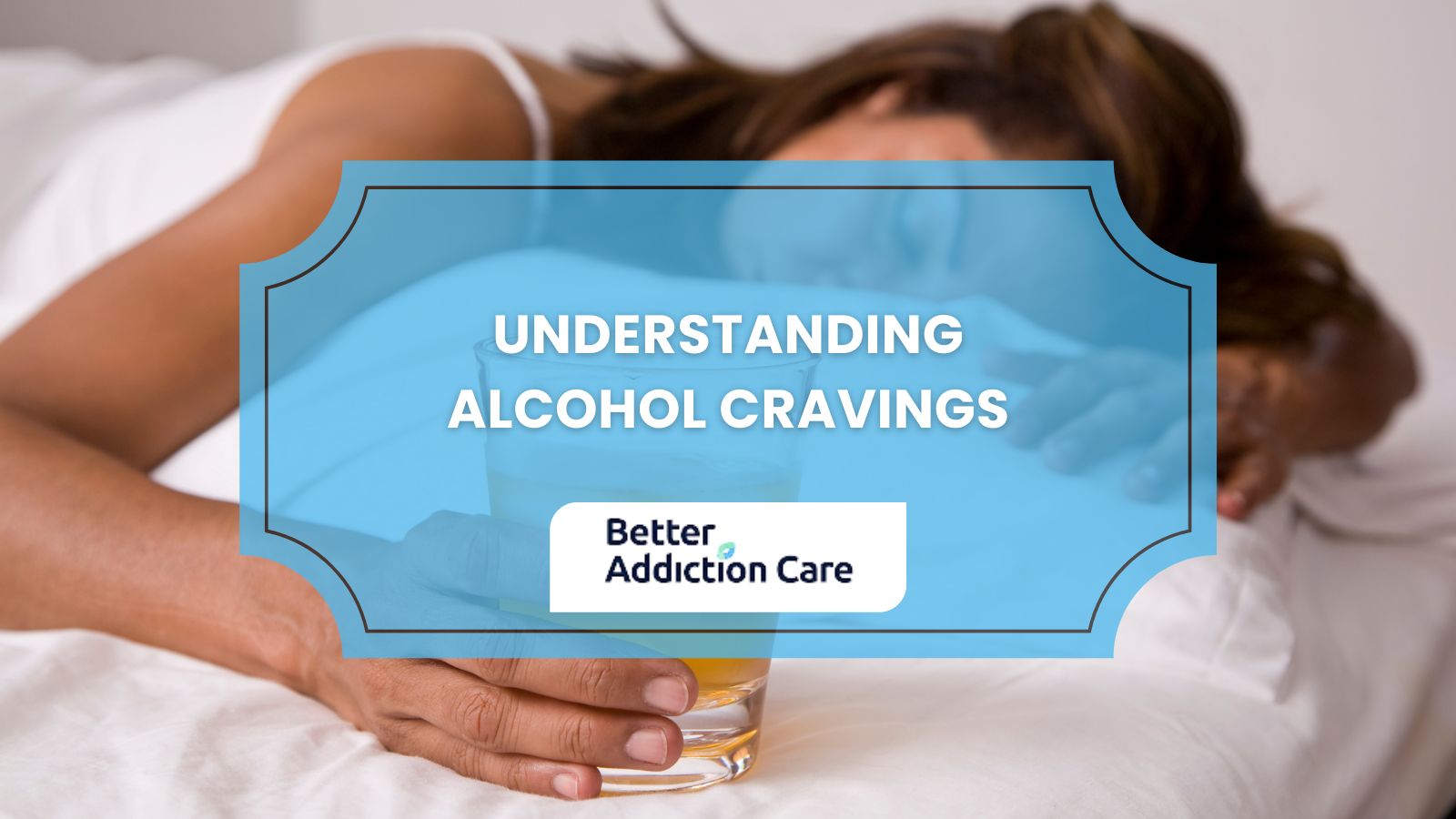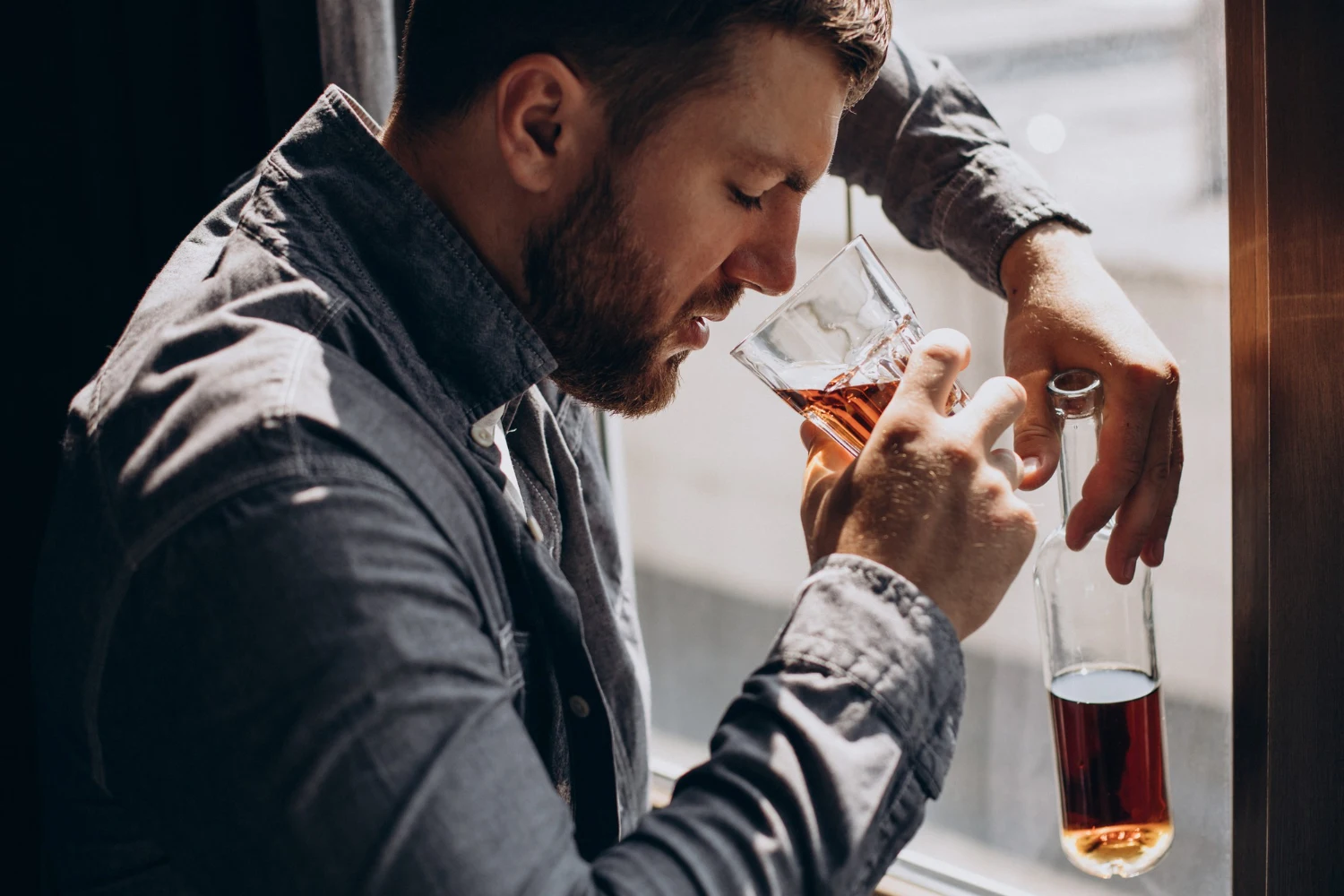What Is Alcohol Abuse Therapy?
Alcohol abuse therapy is a structured treatment approach that helps individuals overcome problematic drinking by addressing the psychological, emotional, and behavioral aspects of alcohol use disorder through evidence-based methods like counseling, behavioral therapies, and support programs

Alcohol abuse therapy uses a number of treatments to help individuals reduce or overcome their alcohol addiction. Behavioral treatments such as Cognitive Behavioral Therapy (CBT) and Motivational Enhancement Therapy (MET) seek to replace negative behaviors with positive ones, hence increasing the drive to stop drinking. Medication-assisted treatment is used to treat withdrawal and cravings. Groups like Alcoholics Anonymous (AA) and SMART Recovery offer peer support and planned programming to help people stay sober.
The various treatment options for addiction recovery programs vary according to the severity of the addiction. Inpatient programs offer a well-organized setting that includes ongoing medical and psychological care, while outpatient programs allow individuals to participate in treatment sessions while managing their daily responsibilities. Healing is enhanced through a variety of holistic approaches that promote overall well-being. These include practicing mindfulness, engaging in physical exercise, and participating in creative therapy.
It is important to highlight how important seeking help is since alcohol consumption can lead to significant health problems such as liver disease, cardiac issues, and cognitive impairments. In addition to exacerbating mental health disorders, it can also lead to difficulties in social interactions, work performance, financial stability, and even death. Effective alcohol addiction treatment positively impacts various aspects like building relationships, enhancing overall well-being, overcoming dependency, and achieving a more stable and fulfilling life.
How Many Alcohol Abuse Therapies Are Out There?
There are over 9 alcohol addiction therapies, including behavioral therapies, drugs, support groups, rehabilitation programs, holistic therapies, family and couples therapy, relapse prevention measures, and dual diagnosis treatment, among others.
Alcohol addiction therapy are treatments aimed at helping people overcome their alcoholism.
1. Behavioral therapies
Behavioral therapies seek to change the behaviors and thought processes linked with alcohol dependence, addressing both the psychological and behavioral aspects of addiction. These therapies are intended to help individuals develop the skills and methods required to attain and maintain sobriety, manage stress, and deal with triggers that may lead to drinking.
2. Cognitive Behavioral Therapy (CBT)
Cognitive behavioral therapy (CBT) allows individuals to learn to identify and modify maladaptive thoughts and behaviors connected to their alcohol use issues. People might change their general ways of thinking and processing information by realizing and welcoming unfavorable behaviors.
Cognitive Behavioral Therapy (CBT) teaches critical coping skills like problem-solving and emotional control, which stress management requires. Patients are also taught effective stress-reduction skills, including time management and relaxation. These approaches can help reduce overall stress, typically associated with increasing drinking habits. CBT relies heavily on reducing exposure to triggers. To effectively manage or prevent these triggers, patients learn to detect the triggers that could induce them to drink.
3. Motivational Enhancement Therapy (MET)
Motivational enhancement therapy technique increases a person's desire to modify their drinking habits. Unlike other therapies, which may take a confrontational approach, MET uses structured talks and motivational interviewing to elicit and strengthen the patient's reasons for change. Typically, treatment begins with an examination followed by a series of concentrated sessions. Therapists help patients think about alcohol consumption, explore its effects, and set change goals throughout these sessions. MET's non-confrontational and compassionate approach allows people unsure about quitting drinking.
Contingency Management (CM)
It uses an incentive system to encourage abstinence and positive behavior. This approach assumes the behavior is shaped by its consequences. CM patients receive vouchers, cash, or other incentives for achieving behavioral goals like sobriety or therapy attendance. Rewards offer rapid, positive reinforcement for desired actions, increasing the likelihood of their repetition. For every week, they stay alcohol-free; for instance, a patient might get a ticket that they can then use for goods or services. CM helps patients create a pattern of positive acts to support their path of recovery by routinely praising abstinence and other good habits.
Medications
Medications play an important part in alcohol abuse therapy by lowering cravings and avoiding drinking; they serve to assist individuals in their journey to sobriety.
Disulfiram (Antabuse) is one drug that discourages alcohol usage by inducing unpleasant symptoms such as nausea, vomiting, and headaches when alcohol is consumed. This unpleasant reaction motivates people to avoid alcohol to prevent these bad effects.
Another helpful medication included in the Sinclair Method is naltrexone, which lessens the pleasant and addictive effects of alcohol, therefore lowering the need to drink. In short words, naltrexone decreases the euphoric feelings connected with alcohol.
Acamprosate (Campral) is especially effective for people in recovery since it restores the chemical balance of the brain that has been altered by long-term alcohol consumption. Regular alcohol use changes brain chemistry, which leads to cravings and withdrawal symptoms after quitting. Acamprosate helps to alleviate these symptoms and promotes long-term abstinence by reducing cravings through the regulation of neurotransmitter activity.
When combined, these drugs offer a comprehensive approach to treating alcoholism, addressing both the psychological and physical components of addiction. This enhances the efficacy of support groups and behavioral therapy.
Support Groups
Alcoholics Anonymous (AA) is a well-known support group that follows a 12-step program that emphasizes spiritual growth, peer support, and regular meetings. Members share their stories, offer each other support, and follow guiding principles to help them achieve and sustain recovery.
Another useful support group is SMART Recovery, which is based on scientific principles and emphasizes self-empowerment and self-reliance. Unlike AA's spiritual approach, SMART Recovery provides practical skills and tactics to help people control cravings, solve problems, and stay motivated during recovery. They can remain sober long-term by enabling people to manage their ideas, feelings, actions, and mutual support. There are several advantages to AA and SMART Recovery; hence, on their road to recovery, people can choose the one that most matches their situation.
Rehabilitation Programs
Rehabilitation centers provide a wide range of treatment options based on the severity of alcohol dependence. Inpatient rehabilitation process requires remaining in a treatment facility for a set period, typically 30 to 90 days, in a structured environment with ongoing medical and psychological support, which is ideal for severe addiction or co-occurring mental health conditions. Outpatient rehabilitation allows patients to attend therapy sessions while still living at home and going about their daily lives, which is suitable for those with minor addictions or who require ongoing support after inpatient treatment.
Holistic Therapies
Holistic therapies emphasize an individual's overall well-being, which includes physical, emotional, and spiritual health. Deep breathing, yoga, and mindfulness meditation are all techniques for reducing stress, increasing awareness, and improving emotional regulation.
Family and Couple Therapy
Family and couples therapy involve loved ones in the recovery process and address the effects of alcohol misuse on relationships. Family therapy tries to improve communication, settle issues, rebuild trust among family members, and help them understand addiction and their role in recovery. Couples therapy focuses on strengthening relationship dynamics, assisting partners in navigating the challenges of recovery together, and creating a supportive atmosphere for the individual receiving treatment.
Relapse Prevention
Relapse prevention measures are critical for sustaining long-term sobriety and managing unexpected relapse. Relapse Prevention Therapy identifies triggers and high-risk scenarios that may lead to relapse while also teaching coping methods and skills for dealing with stress and cravings. Following initial treatment, aftercare programs offer ongoing assistance, including follow-up counseling, continued attendance at support groups, and other services to help maintain sobriety and prevent relapse.
Dual Diagnosis Treatment
Dual diagnosis treatment focuses on treating both alcoholism and mental health concerns. Integrated treatment is directed to both the addiction and the mental health problem concurrently, resulting in a holistic strategy that addresses all aspects of an individual's health and increases the likelihood of recovery.
Where to Find the Right Alcohol Therapy for You?
You can find the right alcohol therapy by reaching out to licensed professionals such as addiction counselors, therapists, or physicians, and by using trusted resources like the NIAAA Alcohol Treatment Navigator, American Addiction Centers, or referral platforms like BetterAddictionCare.com that connect you with nearby rehab programs and support services.
Finding alcohol abuse therapy begins with an in-depth evaluation of your unique needs and preferences. Begin by assessing the severity of your alcoholism and any related mental health issues with the help of a healthcare provider. Consider whether you need intensive, inpatient care that offers round-the-clock support and a structured atmosphere or outpatient therapy, which allows for flexibility with everyday tasks. Understanding your particular treatment preferences, like whether you prefer spiritual-based approaches like Alcoholics Anonymous or evidence-based methods like SMART Recovery, will help you narrow down your options.
Next, research the various therapeutic alternatives in your area or online. Read reviews and testimonials to learn about the efficacy and experiences of others using multiple therapies. Remember, consultation with professionals is essential; as mentioned above, they can conduct assessments, recommend appropriate treatments, and connect you with trained therapists or programs geared to your needs. By taking these steps, you may ensure that you locate the therapy that will best assist your journey to recovery from alcoholism.







